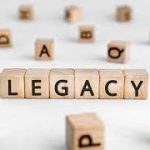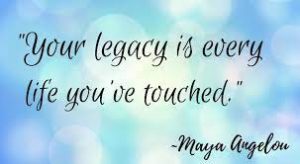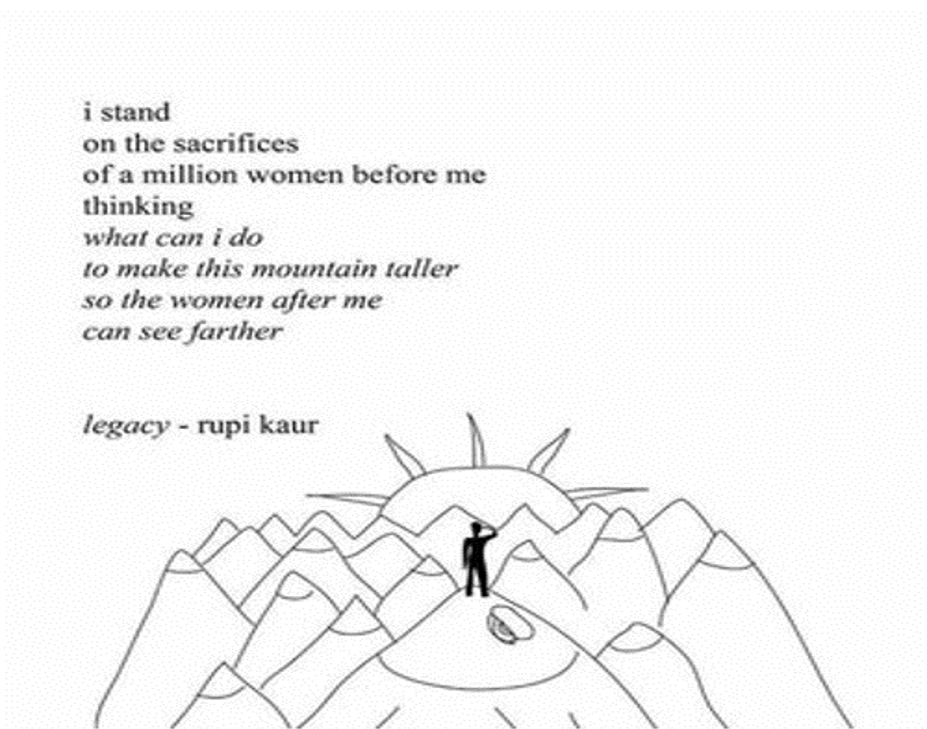I helped set up a Coaches group a year ago for Coaches interested in all aspects of retirement both with their clients and what it means to them. A recent session looked at the whole area of legacy, with lots of thoughtful discussion and debate.
What is legacy?
Here are a few different definitions, some more formal and others more intuitive:
- Something handed down or received from an ancestor or predecessor
- Your legacy is every life you have touched (strong ones for Coaches or Therapists perhaps!)
- Planting seeds in a garden you never get to see
Meg Newhouse in an article in Social Work today argues that legacy is a particularly powerful focus for third agers for many reasons. First, there is good evidence of a developmental “push” after midlife to find meaning or purpose and to leave a legacy that may intensify with age or proximity to death. She mentions the psychiatrist Elisabeth Kübler-Ross, who suggested that most people on their deathbeds want to know only three things:
- Have I given and received love?
- Did I live my life or someone else’s?
- Have I left the world a little better than I found it?
For me, legacy is about much more than goods and chattels; as a Coach, as a partner and a father it feels like the influence I have goes beyond my lifetime. I always liked the concept Irving Yalom, the American psychotherapist has, which is one of  “rippling”: the idea that each of us creates often unconsciously, circles of influence that may affect others for years, even for generations, much as ripples in a pond go on and on, even if they are no longer visible. Of course the influence can be benevolent or negative. I am aware that there may well be an element of hubris in this sense of influence, but perhaps we are allowed the indulgence of some importance and sense of meaning?! I also wonder whether whilst we may be more aware of the ticking clock of life diminishing as we get older, we can reflect at any age as an adult about our legacy, even if its as straightforward as reflecting: am I living the life I want to lead; what do I do with the time left?
“rippling”: the idea that each of us creates often unconsciously, circles of influence that may affect others for years, even for generations, much as ripples in a pond go on and on, even if they are no longer visible. Of course the influence can be benevolent or negative. I am aware that there may well be an element of hubris in this sense of influence, but perhaps we are allowed the indulgence of some importance and sense of meaning?! I also wonder whether whilst we may be more aware of the ticking clock of life diminishing as we get older, we can reflect at any age as an adult about our legacy, even if its as straightforward as reflecting: am I living the life I want to lead; what do I do with the time left?
In the session we also talked about whether legacy is different for people who don’t have kids, and that may be true. I speak as someone who does and will have an inevitable bias, but do think that some people have incredibly close friendships and birth family and professional relationships that create just as many ripples in the pond.
Is legacy important?
There were some thoughtful discussions in the group work about the importance of legacy. Some felt that actually it isn’t that important to us as individuals as it isn’t up to us to define our legacy; that job is for others to do when we are gone!
 Perhaps though thinking about legacy can be a driver for making changes if we project ourselves forward to the end of our lives and think what we would like to have done; are we using our short lives in the best way we can? Are we following our true purpose? Do we know what it is? This kind of reflection might lead us to either affirm we are on the right course or might be the momentum to change whether that be our internal landscape or external circumstances such as home and work. Oliver Burkeman has written a book recently drily called 4,000 weeks which is the extent of our lives if we live to 80. 4,000 weeks to me sounds a lot shorter than 80 years!
Perhaps though thinking about legacy can be a driver for making changes if we project ourselves forward to the end of our lives and think what we would like to have done; are we using our short lives in the best way we can? Are we following our true purpose? Do we know what it is? This kind of reflection might lead us to either affirm we are on the right course or might be the momentum to change whether that be our internal landscape or external circumstances such as home and work. Oliver Burkeman has written a book recently drily called 4,000 weeks which is the extent of our lives if we live to 80. 4,000 weeks to me sounds a lot shorter than 80 years!
What might your legacy look like?
Meg Newhouse goes on to list some of the practical things we can do in terms of reflecting and acting on our legacy such as writing, taping, illustrating, or photo scrapbooking personal reflections about life experiences and family history (others include things like listing the tangible treasures elders wish to pass on with the story of their histories and the personal importance attached to them). I am personally writing an autobiography; no grand ideas of a bestseller, but something of a reflection of who I was, who I am and who I will be in the future which is helping me make sense of life.
We looked at an exercise to tease out aspects of legacy which you might want to have a look at, complete and talk through with a loved one or a Coach.
The Lecacy exercise asks some powerful questions around areas like:
- Who you were: what are the words you want to come to mind when people think of you?
- How you lived: What are the biggest lessons you hope people will take away from looking at your life?
- What you did; What are the two things you can start doing to intentionally build your legacy?
I am indebted to Elaine Kelly who did the preparation for and facilitated the session; she finished the group with this poem which I loved:

